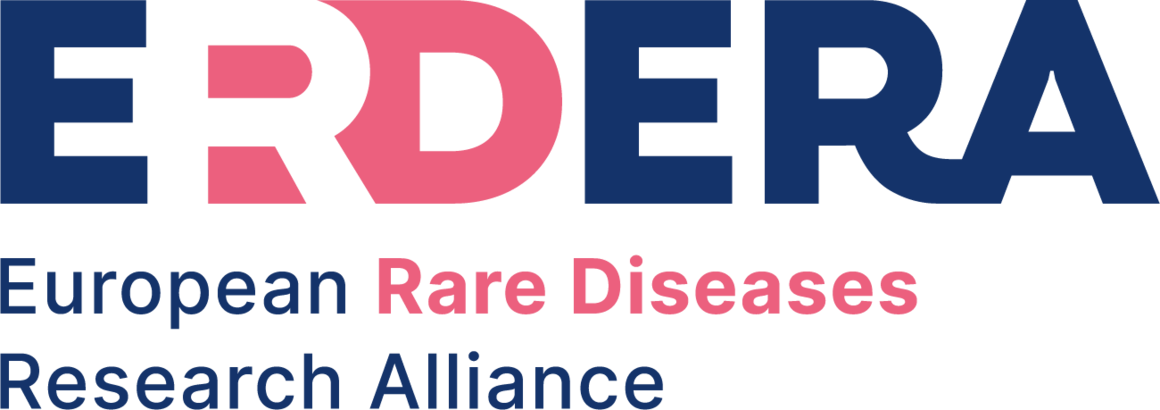Other research information
European Rare Diseases Research Alliance (ERDERA)
Today, around 7000 rare diseases affect more that 300 million people worldwide, yet the majority of rare and ultra rare diseases still lack a therapeutic option. Patients endure a long journey to receive a diagnosis, which typically takes four years for known diseases; however, 50% of patients never obtain a definitive molecular diagnosis. Moreover, 52% of patients and caregivers report that their condition has a severe impact on their daily lives.
To address these important issues, the European Rare Diseases Research Alliance (ERDERA) has been set up to build on the advancements made by former EU-funded projects such as SOLVE-RD, ERICA and the European Joint Programme for Rare Diseases (EJP RD), the previous partnership which has run for the past 5 years.
ERDERA will continue developing a robust and comprehensive data and expertise infrastructure and innovative clinical research services —with a focus on advanced therapies—, funding new research projects, providing training and expediting translation of findings into tangible solutions for patients. It will also ensure alignment on international and national rare diseases research strategies.
The main goals of ERDERA are:
- Unifying knowledge, resources and expertise on rare diseases
- Boosting clinical research with and for patients
- Spurring innovation and EU competitiveness
Find out more: ERDERA - European Rare Diseases Research Alliance
|
|
